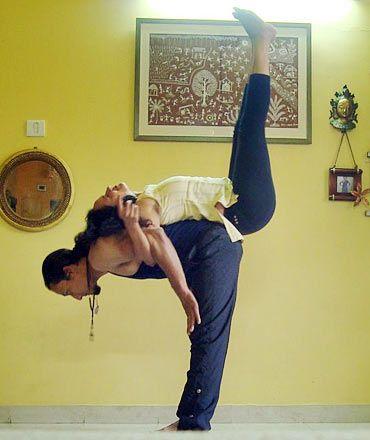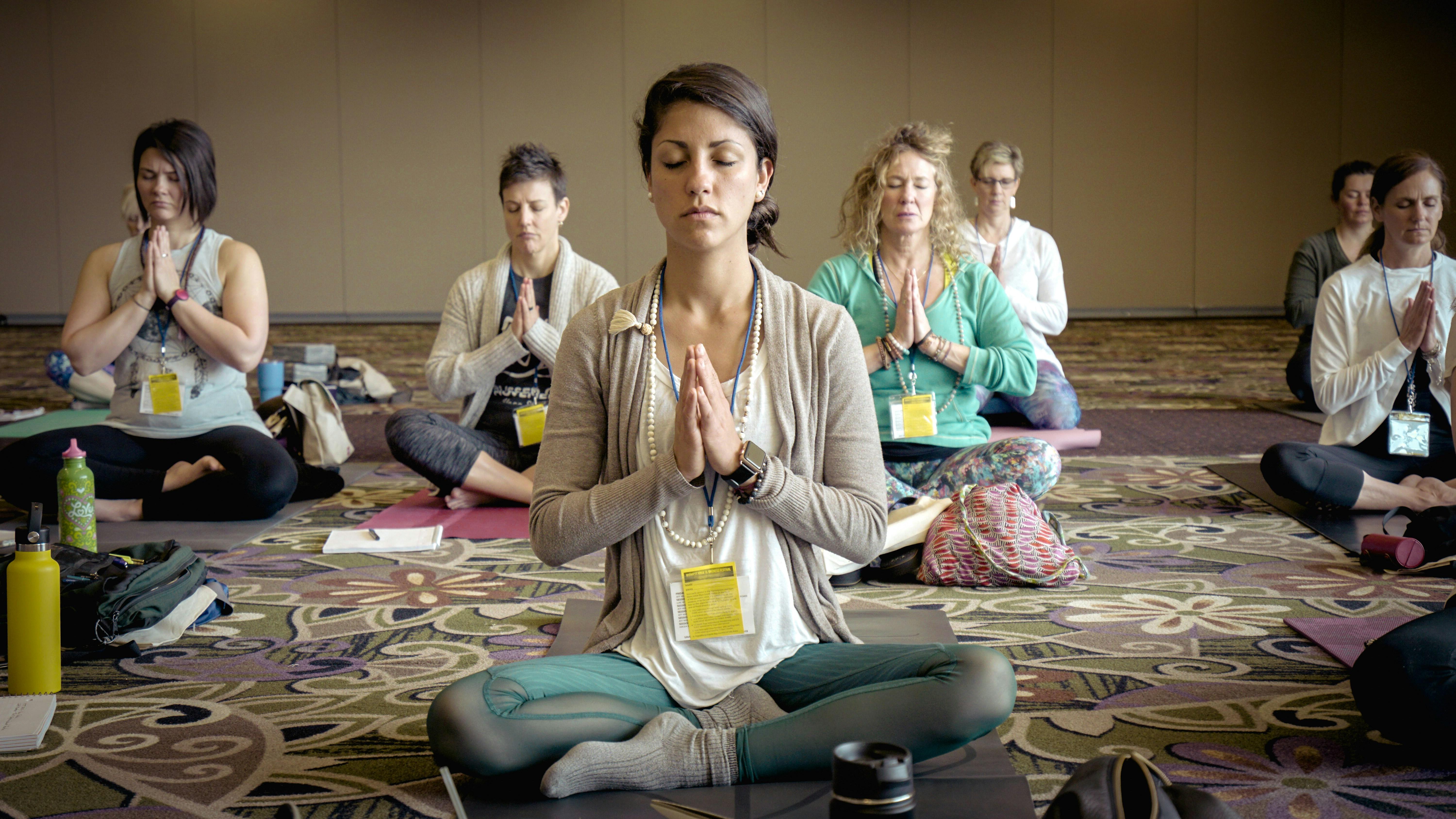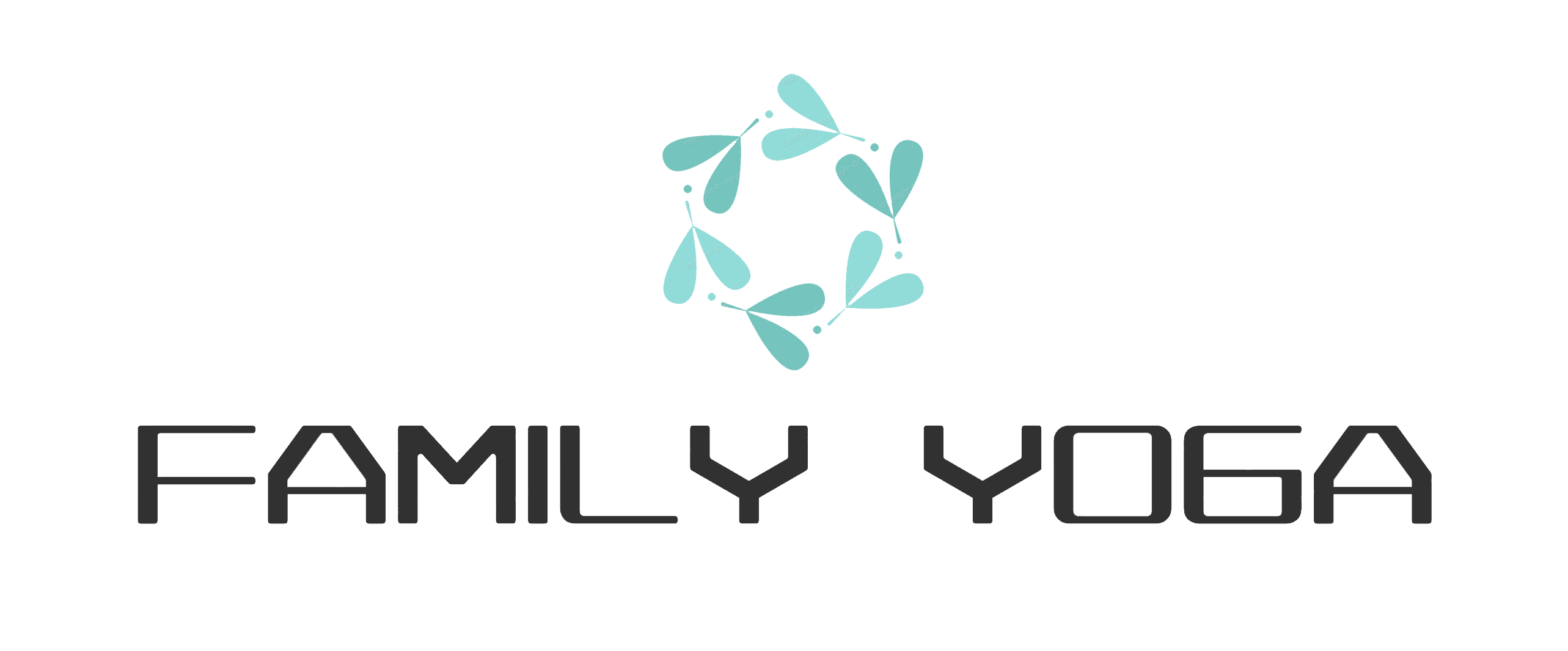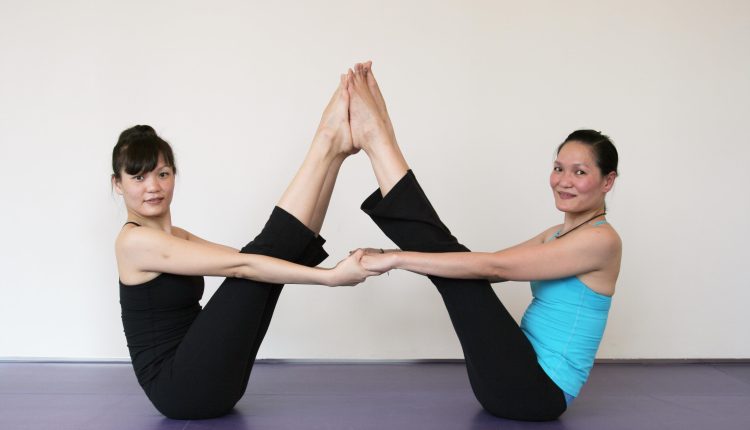In a world that increasingly values individual achievement, the art of collaboration can sometimes be overlooked, especially among the younger generation. However, teamwork is an essential skill that can be nurtured from an early age. One innovative way to teach children the value of working together is through partner yoga. This unique approach combines the physical benefits of yoga with the social and emotional growth that comes from collaboration. By engaging in partner yoga poses, children not only enhance their flexibility and strength but also learn important lessons in communication, trust, and mutual support. As they stretch, balance, and breathe together, kids discover that achieving a common goal is often more rewarding than going it alone. This article explores various partner yoga poses designed to foster teamwork among children, offering a playful yet profound way to build bonds and develop lifelong skills.
Balancing Together the Art of Cooperative Poses
In the playful world of partner yoga, children embark on a journey of harmony and connection, discovering the beauty of working in unison. These cooperative poses not only foster physical coordination but also cultivate essential social skills. As they engage in these exercises, kids learn to listen, trust, and communicate effectively with one another. Imagine the joy of Double Boat Pose, where pairs balance on their sit bones, feet touching, forming a charming V-shape. It’s a delightful dance of synchronization that enhances core strength and mutual support.
Encourage kids to try the L-Shape Pose, where one child stands with legs wide, leaning forward to form an L, while their partner holds their waist, creating a sturdy bridge of trust. This pose is a vivid lesson in reliance and balance, as each child becomes an integral part of the other’s stability. Through these imaginative exercises, children experience the magic of teamwork, realizing that together, they can create something beautiful and strong. These moments not only inspire laughter and joy but also lay the groundwork for lasting friendships.

Building Trust Through Child-Friendly Yoga Practices
Yoga is a fantastic way to help children develop both physically and emotionally, fostering a sense of unity and collaboration. When kids engage in partner yoga poses, they not only learn about balance and flexibility but also about trust and communication. Here are some child-friendly yoga poses that can be practiced in pairs to encourage teamwork:
- Double Boat Pose: This pose encourages core strength and stability. Sitting facing each other, children hold hands and press the soles of their feet together, slowly leaning back to find their balance.
- Partner Tree Pose: Standing side by side, each child lifts the foot closest to their partner and rests it on the opposite leg, while holding each other’s hands for support. This pose builds confidence and balance.
- Back-to-Back Chair Pose: Standing back to back, kids slowly bend their knees as if sitting in an imaginary chair, using each other’s support to maintain the position. This pose enhances trust and cooperative strength.
- Double Downward Dog: One child performs the traditional downward dog pose while the other places their hands on the first child’s back and lifts into their own version of the pose. This promotes flexibility and communication.
By engaging in these poses, children learn to rely on each other, enhancing their ability to work together both on and off the mat. These exercises can transform a simple yoga session into an enriching experience that builds lasting connections.

Enhancing Communication Skills with Partner Yoga
Partner yoga is an innovative way to nurture essential communication skills in children while encouraging teamwork. Through engaging poses, kids learn to trust and rely on each other, building a foundation of cooperation and mutual understanding. These activities require them to listen actively, express their needs clearly, and respond to their partner’s cues, promoting a harmonious interaction.
- Double Boat Pose: Sitting facing each other, children connect their feet and hold hands, balancing together to form a V shape. This pose fosters coordination and support.
- Back-to-Back Chair Pose: Standing back to back, they lean against each other, bending their knees to form a chair. This encourages reliance and understanding of shared weight distribution.
- Partner Tree Pose: Standing side by side, kids can hold each other’s shoulders for balance as they lift one leg to rest on the opposite thigh. This pose enhances focus and teamwork.
Incorporating these poses into playtime not only makes yoga enjoyable but also instills valuable life skills. Children learn that effective communication is key to achieving balance and harmony, both on and off the mat.
Fun and Engaging Teamwork Exercises for Young Yogis
Introducing children to the world of yoga through partner poses can be a delightful way to foster cooperation and communication. These exercises not only enhance flexibility and balance but also cultivate a sense of trust and support. Here are some engaging poses that can help young yogis build teamwork skills:
- Double Boat Pose: Sitting face-to-face, kids can press the soles of their feet together, hold each other’s hands, and gently lift their legs to form a “V” shape. This pose encourages balance and cooperation.
- Partner Tree Pose: Standing side by side, each child can lift their outer leg and place the foot on their inner thigh or calf, while holding hands to maintain balance. This pose promotes stability and mutual support.
- Back-to-Back Chair Pose: Standing back to back, the young yogis can slowly lower into a seated position, relying on each other’s support to maintain balance. This exercise emphasizes trust and teamwork.
By engaging in these playful partner poses, children learn the value of collaboration while having fun, making yoga a joyful and bonding experience.

